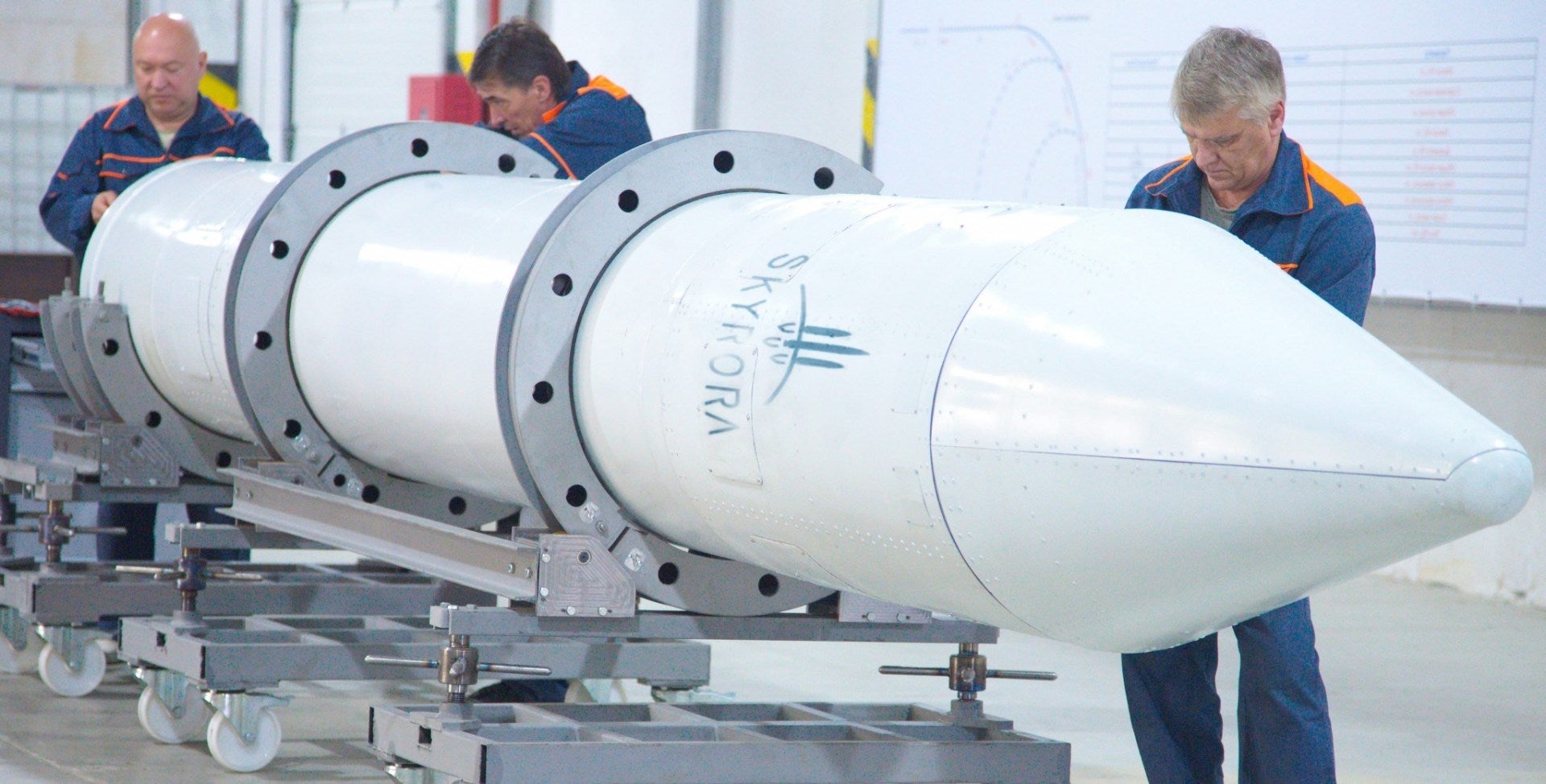
UK space company Skyrora has successfully completed the first phase of tests for its 30 kilonewtons (kN) rocket engine.
The rocket tests are a key milestone on its mission to reduce costs for sending small payloads, such as nanosatellites, into Earth’s orbit.
The rocket is powered by hydrogen peroxide and kerosene, which produces fewer emissions than traditional rocket fuel.
And because hydrogen peroxide is non-cryogenic, it does not require complex cooling systems to keep it stable. This means it can be left on the launchpad for longer – extending launch windows in the event of poor weather.
The rocket has nearly ten times more thrust than the 3.5kN upper stage engine test-fired in July this year at Newquay Airport in Cornwall.
The Edinburgh-based company also announced it has opened a European test facility capable of orbital and suborbital launch vehicles with up to 70kN of thrust, such as Skyorara’s XL rocket.
How well do you really know your competitors?
Access the most comprehensive Company Profiles on the market, powered by GlobalData. Save hours of research. Gain competitive edge.

Thank you!
Your download email will arrive shortly
Not ready to buy yet? Download a free sample
We are confident about the unique quality of our Company Profiles. However, we want you to make the most beneficial decision for your business, so we offer a free sample that you can download by submitting the below form
By GlobalDataAt the new site, Skyrora plans to complete a full burn and gimbal test, which are both required before sending a rocket to space.
Skyrora rocket: Small payloads, big ambitions
Founded in 2017, Skyrora is hoping to grab a slice of the increasingly competitive small payload rocket industry.
Its 30kN rocket is designed to carry a 90kg maximum payload. By contrast, the Saturn V rocket used during the Apollo missions had 35,100 kN of thrust at sea level to propel 118,000kg into Earth orbit.
In the UK, Skyrora faces stiff competition from Orbex and Virgin Orbit for the small-payload launch niche. Skyrora hopes that its use of a prototype 3D printing machine and unique fuel combination will reduce costs to give it a competitive advantage.
Skyrora’s Chief Executive and founder, Volodymyr Levykin, said: “This is a huge milestone for Skyrora and marks the start of our test program for our larger engines. Our team has worked incredibly hard to develop our engine technologies so Skyrora can help make space more accessible for all.
“Skyrora will continue to work to ensure the world-changing benefits of space are realised here in the UK and in Europe.”
The firm has its sights on the first-ever orbital launch in Western Europe in Q4 of 2021 from a launch site in North Scotland.
Read more: Is Orbex the European SpaceX?



